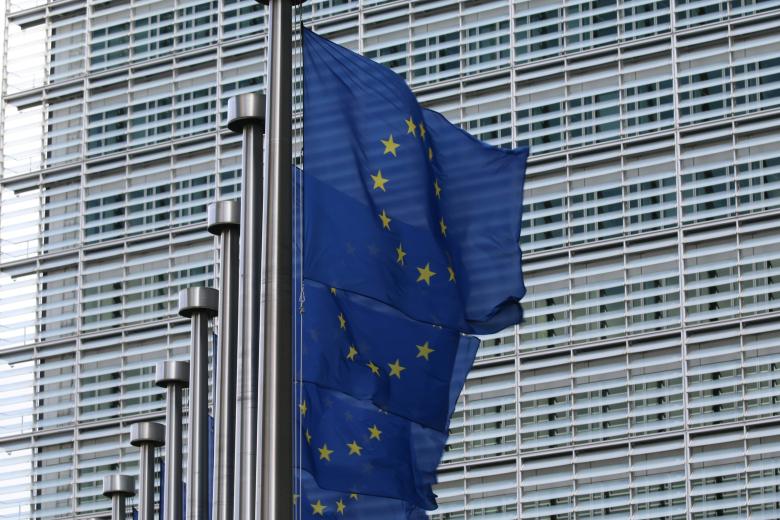Does the current copyright system accommodate for artificial Intelligence ownership?
Copyright law was designed to protect the original works of human authors. This is evident in the wording of legislations across continents, as copyright ownership is granted to natural or legal persons.
In light of copyright rationale, should it?
Courts have refused to grant non-human creators the same. As artificial intelligence systems become more autonomous and are able to create with minimal or no human intervention, a new IPKM Master's thesis by Monica Ezsias of Maastricht University explores whether they should be considered legal owners of the works they create. Since copyright ownership revolves around commerciality, these works may benefit from protection.
As the CJEU harmonised the criterion of “own intellectual creation”, definitions of “intelligence” from fields such as psychology and AI research are explored and, with an open mind, it can be seen that robotics have the capability for decision making. With autonomy, and though it may be artificial, they gain a greater depth of intelligence. Having concluded that the current copyright system could not encompass AI systems as owners, a second conclusion is drawn, answering whether there is rationale that favours granting the same. Utilitarian justifications supports the idea that granting protection is in the interest of the progression and flourishment of society. Locke’s labour theory sees itself relevant as AI systems take ideas from the commons and create something worthy of legal protection.
The personality theory and intellectual property as a human right are the two weaker rationales, as AI systems cannot be said to possess a personality as such, and neither would they ever be entitled to human rights. The author does not answer whether, in her opinion, such works should be protected, but instead sought to bring arguments for and against the same. If AI systems were to be granted ownership rights, their elevation to legal personhood would have to be of some sui generous status.
Written by Monica Ezsias
Published on Law Blogs Maastricht
-
The way to Geneva and INC-5.2 after the IACtHR Advisory Opinion on the Climate Emergency and Human Rights
How might the IACtHR Advisory Opinion on climate emergency and human rights reshape the Plastics Treaty negotiations?

-
Trading Softly? The EU’s Quiet Shift Toward Clean Trade and Investment Partnerships
For decades, multilateralism has been the guiding principle for regulating international trade relations between states. The European Union (EU) has long championed this approach, firmly believing that global cooperation - ideally through consensus among all countries - is the most effective way to...

-
Rules Under Fire: The Case for International Trade Law Today
On 17 April, many of us had the pleasure of attending an IGIR Expert Lecture by John Clarke, former Chief Agriculture Negotiator of the European Union and former Head of the EU Delegation to the World Trade Organization and the United Nations in Geneva. He is currently a fellow at the Maastricht...
